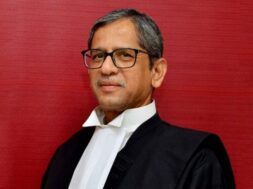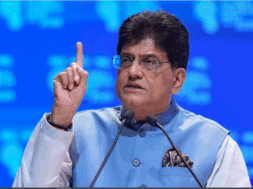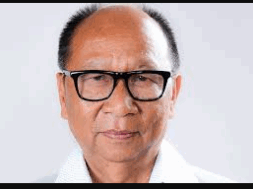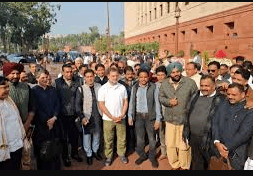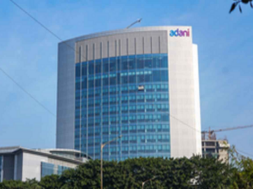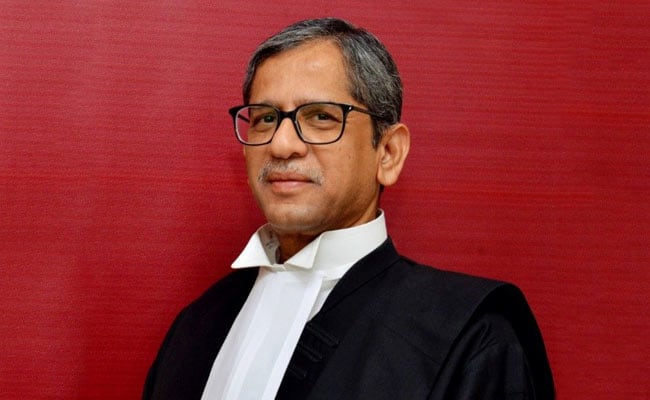
Manas Dasgupta
NEW DELHI, Oct 23: The Chief Justice of India NV Ramana on Saturday raised several concerns over judicial infrastructure in the country and urged the centre to get the proposal for setting up of the National Judicial Infrastructure Authority in the coming winter session of Parliament.
He conveyed the suggestion to the union law minister Kiran Rijiju who shared the dais with the CJI at the inaugural ceremony of the new annex building of the Bombay High Court’s Aurangabad Bench. The Maharashtra Chief Minister Uddhav Thackeray was also present on the occasion.
“The judicial infrastructure for courts in India has always been an afterthought. It is because of this mindset that courts in India still operate with dilapidated structures, making it difficult to perform effectively,” the Chief Justice said at the event.
He pointed out that “Only 5 per cent of court complexes have basic medical aid, and 26 per cent of the courts don’t have separate toilets for women. Sixteen per cent of the courts don’t even have toilets for men. Nearly 50 per cent of the court complexes don’t have a library, and 46 per cent don’t have the facility to purify water.”
Stressing on the need of proper infrastructure, Ramana said: “If you want a different outcome from the judicial system, we cannot continue to work in this present condition.” On the key proposal linked to the judicial infrastructure, he said, “I have sent the proposal to the Union Law Minister. I am hoping for a positive response soon and that the Union Law Minister will expedite the process.”
This is the second time that the Chief Justice has made a request regarding an issue linked to judiciary while sharing the stage with the Law Minister. Last time, it was over the issue of seeking speedy approval from the government for recommendations made by Supreme Court collegium for the appointments of judges in high courts.
Earlier, Rijiju had said, “There is no politics when it comes to judiciary. We are just different organs of the system but we are a team. Politics is the essence of democracy, but when it comes to judiciary, there is no politics.”
Citing international research published in 2018, Chief Justice Ramana pointed out that the “failure to deliver timely justice can cost the country as much as 9 per cent of the annual GDP.” “Without adequate infrastructure for courts, we cannot aspire to fill this gap,” he stressed.
“The infrastructure of courts is important for improving access to justice and to meet the growing demands of the public. It’s baffling to note that the improvement and maintenance of judicial infrastructure is still being carried out in an ad-hoc and unplanned manner. The financial autonomy of the Judiciary is integral,” he said. Courts are not “only for criminals but common people too,” the Chief Justice insisted.
“It’s a common notion that only criminals or victims of crime approach the court. People take pride in stating that we have never seen a court building in our lifetime. But it is high time that we make efforts to remove the taboo associated with approaching courts for the affirmation of their rights. One must never feel hesitant to approach courts. After all, people’s faith in the judiciary is the biggest strength of democracy. Courts are not merely structures made of mortar and bricks… they actively assure the constitutional guarantee of Right to Justice.”
While the Chief Justice highlighted the infrastructure issues during his speech, he also thanked the Law Minister in the end, “I am glad to again be sharing the dais with Kiran Rijiju. His enthusiasm and commitment to the cause of justice is reflected in the frequency of our meetings over the past few months through such events,” he said.
